SC strikes down instant triple talaq, says it is against Constitution and Islam
Tue 22 Aug 2017, 18:42:24
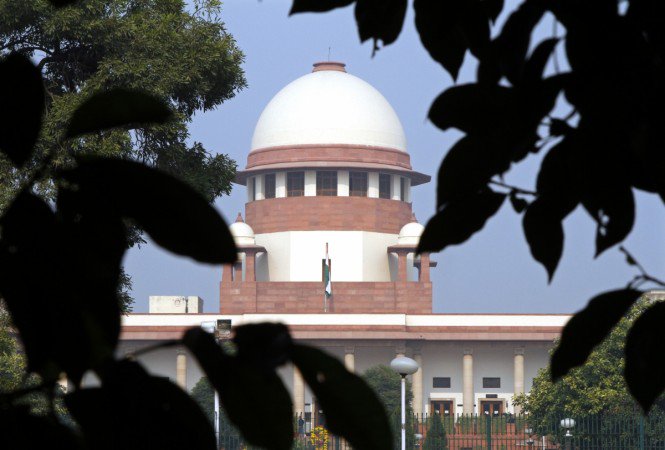
The Supreme Court struck down on Tuesday a controversial Islamic instant divorce law as arbitrary and unconstitutional, a landmark verdict for gender justice that will end the practice of some Muslim men calling off a marriage on a whim.
In a split verdict, three of the five judges said the practice of saying "talaq", or divorce, three times in one go - sometimes even over email, WhatsApp and letters - violated women's right to equality and was against the tenets of Islam.
The dissenting note came from Chief Justice of India JS Khehar and Justice S Abdul Nazeer, who argued instant triple talaq should be suspended and the government asked to bring a law to regulate the practice within six months.
Instant triple talaq, or "talaq-e-biddat", is banned in 22 Muslim-majority countries, including Pakistan. Tuesday's judgment means Muslim men in India can still divorce using two other forms of talaq that have a three-month cooling off period.
"What is bad in theology is bad in law as well," said Justice Kurian Joseph, who was part of the majority view.
Debate over the law pitted an unlikely coalition of Muslim women, Prime Minister Narendra Modi and his ruling Bharatiya Janata Party which wanted the law quashed, against some Muslim groups which contended the state had no right to interfere in religious matters.
Tuesday's verdict also comes as a shot in the arm of the BJP, which can showcase it to moderate voters of all faiths as a vindication of the party's stand on gender justice and equality, as
well as to counter accusations that it backs issues that undermine Islam in the country.
well as to counter accusations that it backs issues that undermine Islam in the country.
"This is a historic day for Muslim women. No Muslim women will have to go through the harassment that I suffered," Shayara Bano, a 35-year-old divorced Muslim woman whose petition two years ago helped end instant triple talaq, told Hindustan Times.
"I am happy that my 11-year-old daughter will not have to face such regressive practice when she grows up."
In rare agreement, the top political parties welcomed Tuesday's verdict that Prime Minister Modi called historic and a "powerful measure for women empowerment".
The opposition Congress described it as "a progressive, secular judgement for equal rights of Muslim women in India."
But the All India Muslim Personal Law Board, a non-governmental body that lobbies for the application of Islamic civil laws and opposes any ban on triple talaq, said it would react only after studying the judgment.
"The Board has convened a meeting in Bhopal where we will examine the issue and plan the steps, if any, that will be taken next," AIMPLB general secretary Maulana Wali Rahmani told Hindustan Times over phone.
India allows religious institutions to govern matters of personal law - marriage, divorce and property inheritance - through civil codes designed to protect the independence of religious communities, including of minority Muslims.
The five judges were from India's major faiths -- Hinduism, Christianity, Islam, Sikhism and Zoroastrianism.
No Comments For This Post, Be first to write a Comment.
Most viewed from National
Most viewed from World
AIMIM News
Latest Urdu News
Most Viewed
May 26, 2020
Do you think Canada-India relations will improve under New PM Mark Carney?
Latest Videos View All
Like Us
Home
About Us
Advertise With Us
All Polls
Epaper Archives
Privacy Policy
Contact Us
Download Etemaad App
© 2025 Etemaad Daily News, All Rights Reserved.

.jpg)
.jpg)
.jpg)


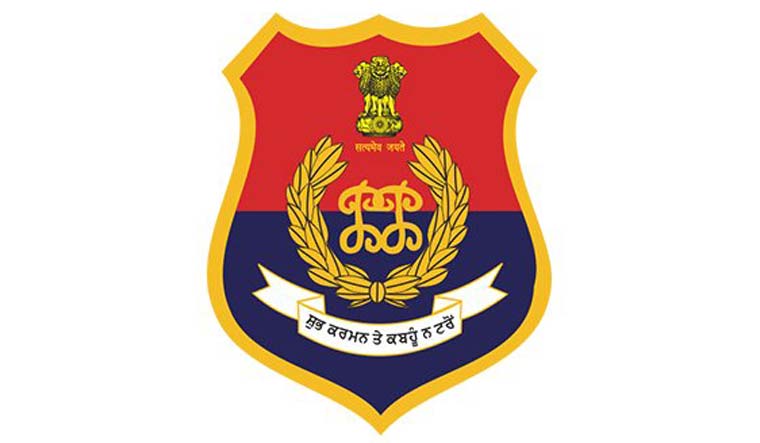
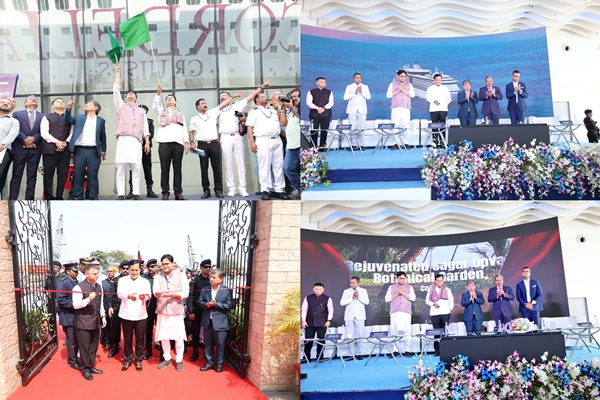
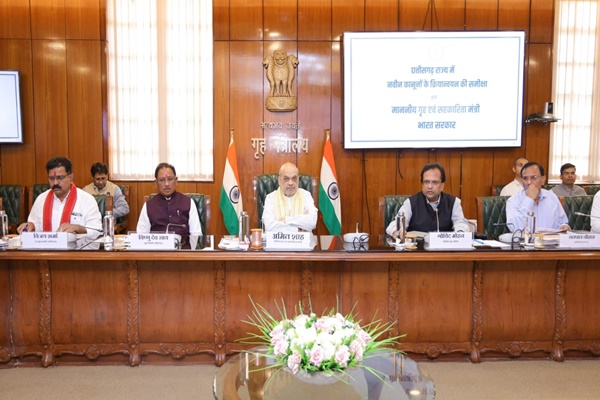
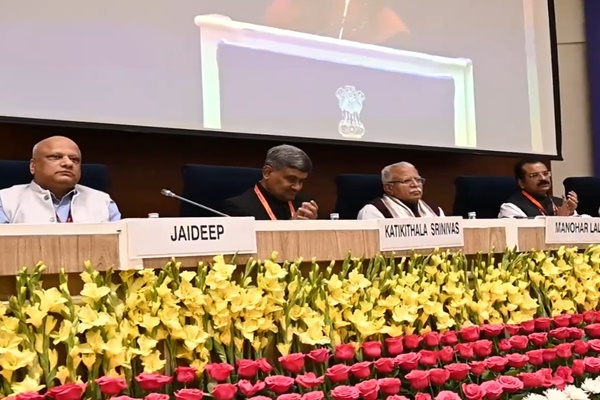



.jpg)
.jpg)
.jpg)
.jpg)
.jpg)
.jpg)
.jpg)
.jpg)
.jpg)
.jpg)



















